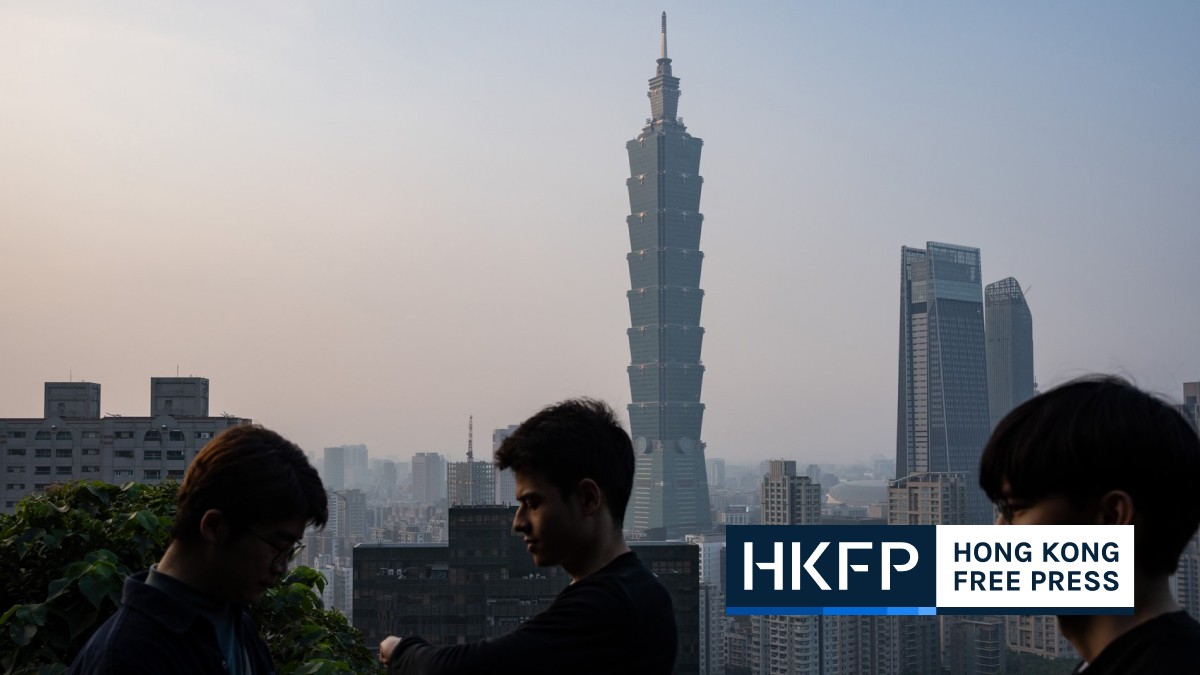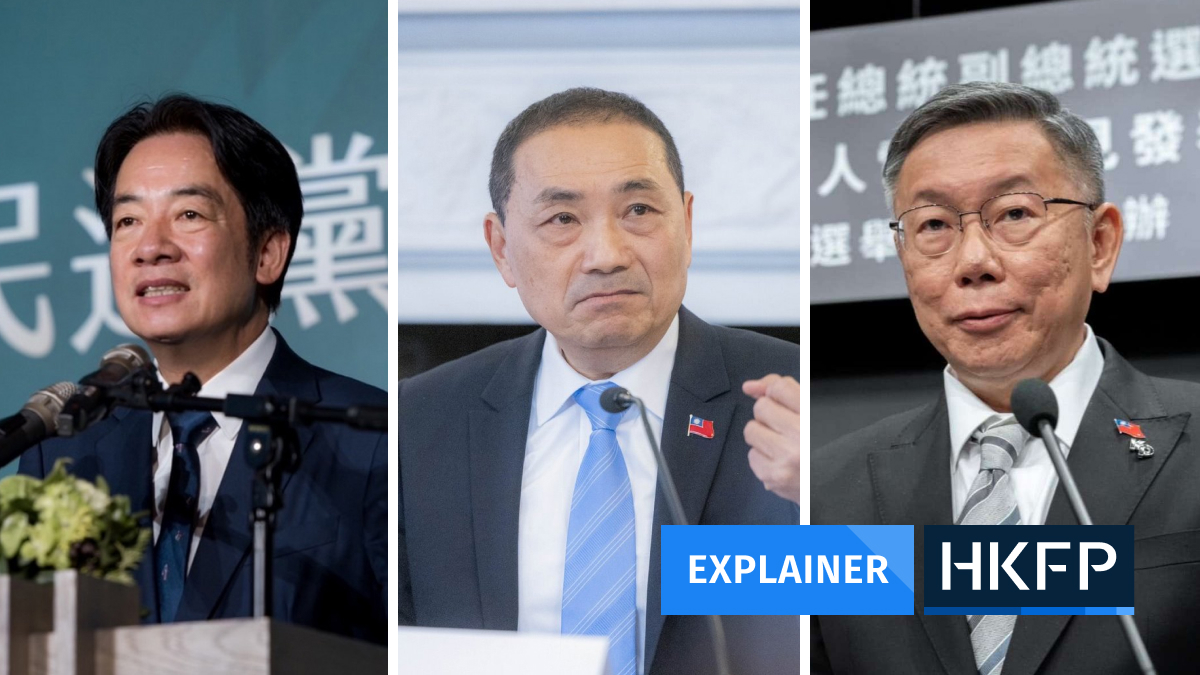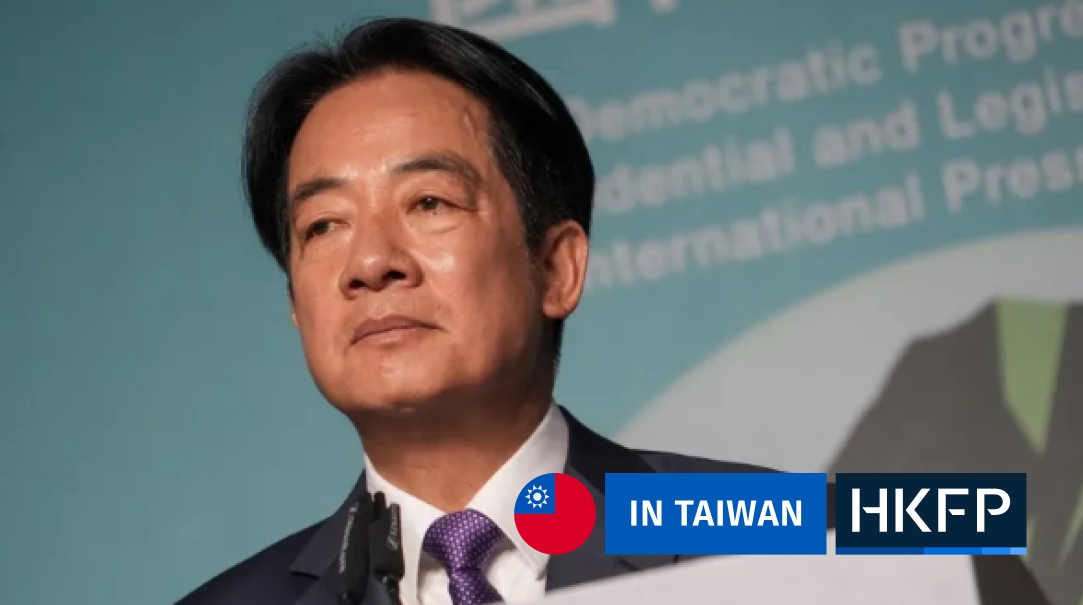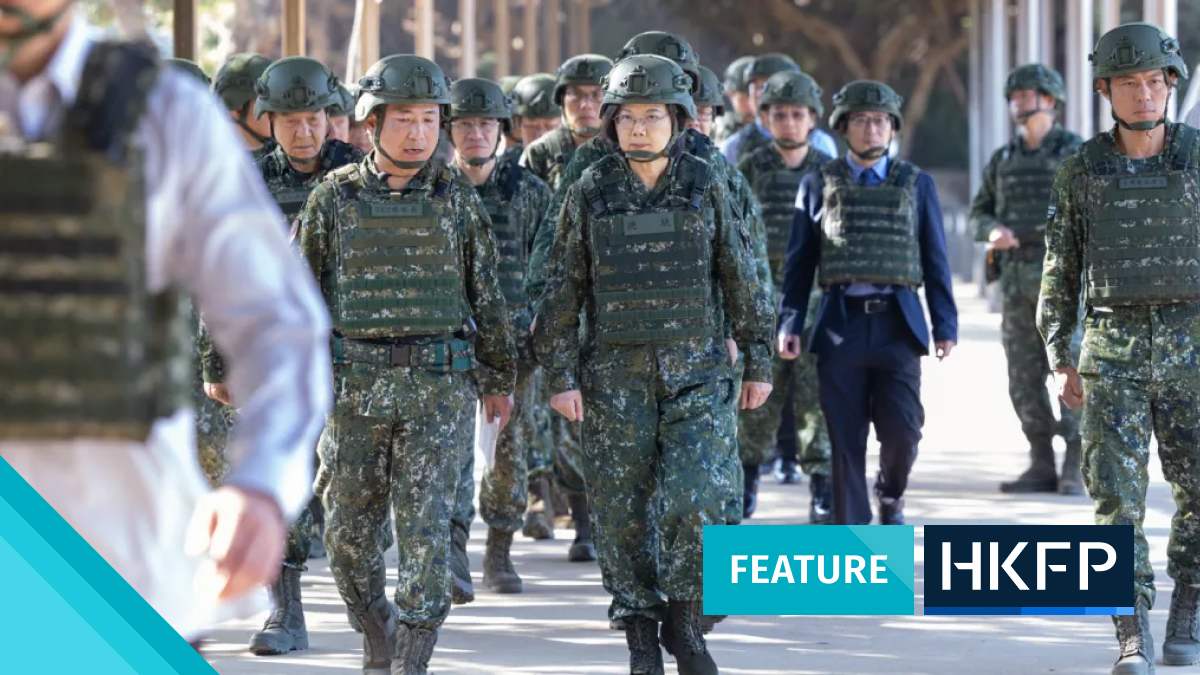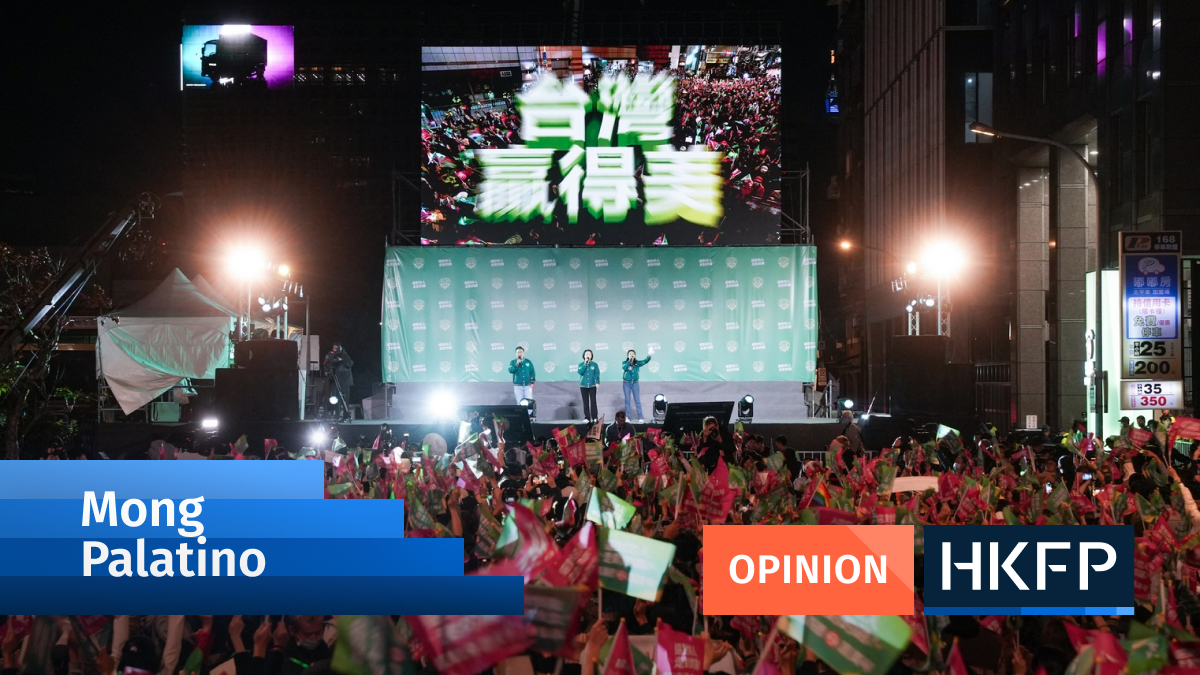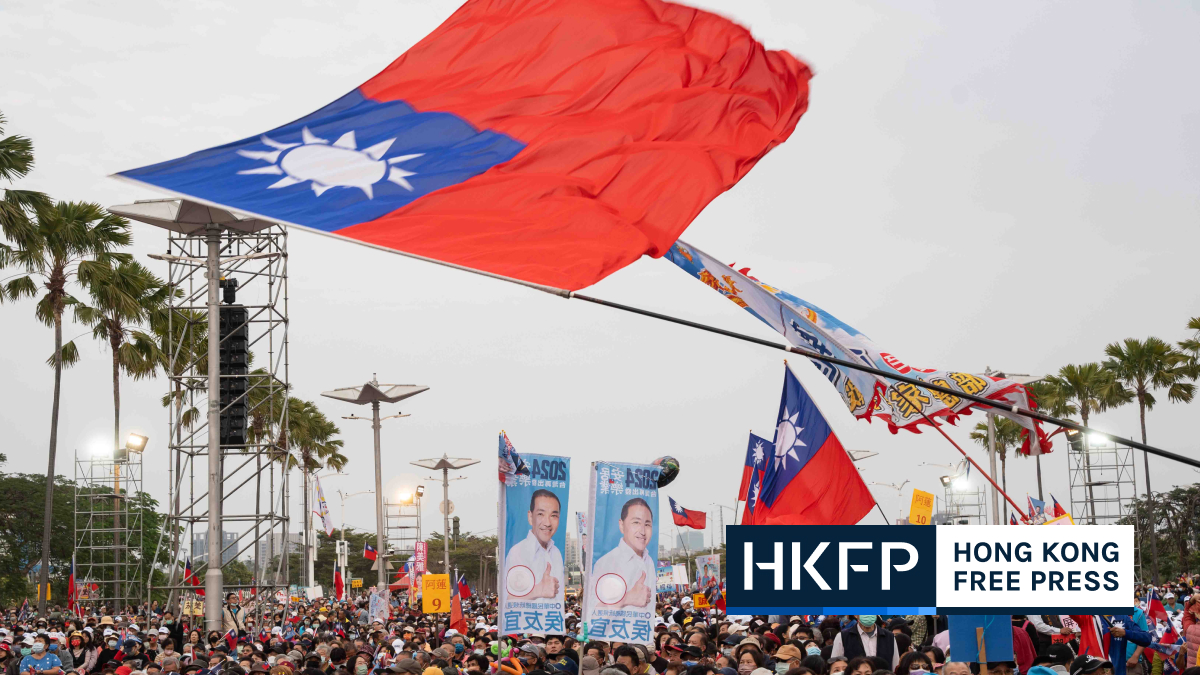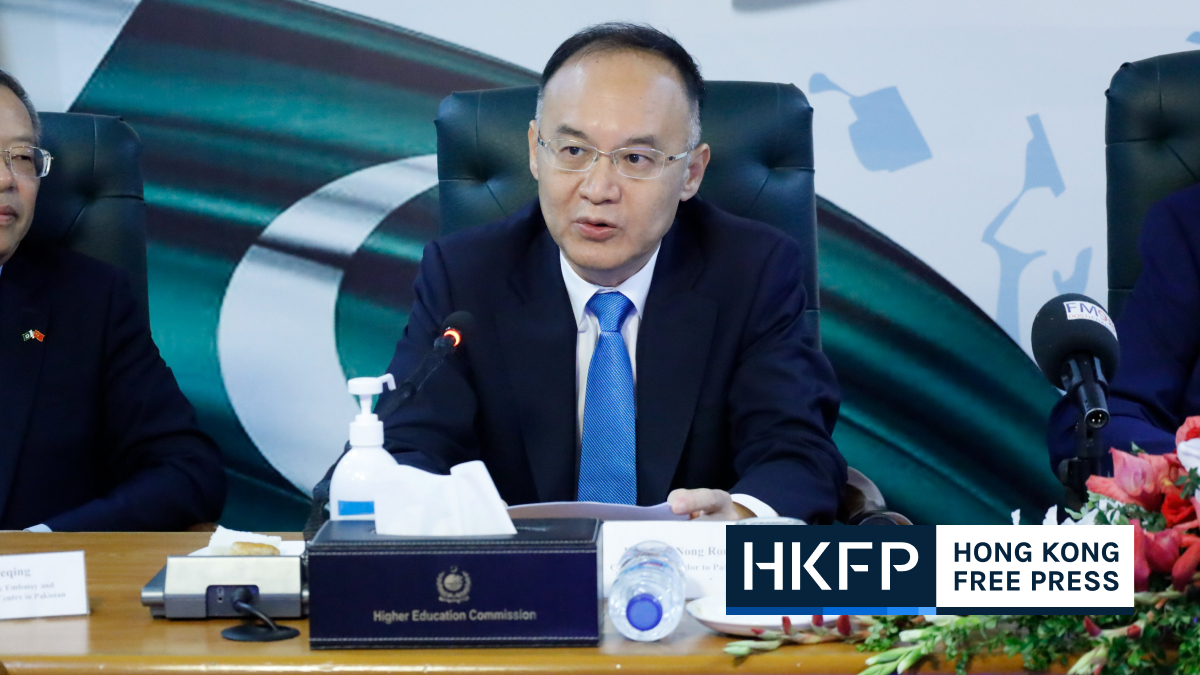Self-ruled Taiwan elected a new leader on Saturday, January 13, 2024 to replace President Tsai Ing-wen.
The ruling, liberal Democratic Progressive Party’s Lai Ching-te was the frontrunner by a small fraction. He faced Hou Yu-ih of the Kuomintang, which favours warmer ties with Beijing, and wildcard candidate Ko Wen-je, whose Taiwan People’s Party aims for a middle ground with Beijing.
What do Taiwan’s parties stand for?
The liberal, ruling Democratic Progressive Party (DPP) supports a strong Taiwanese identity and opposes policies that could lead to unification. It seeks to keep Beijing at bay and claims the island is already independent, making a formal declaration unnecessary. The conservative Kuomintang (KMT) favours warmer ties and stronger trade partnerships with Beijing, opposing policies that could lead to a formal declaration of independence. The centre-left Taiwan People’s Party (TPP) considers itself an alternative third party between the two frontrunners.
How does the vote work?
Voting hours run from 8am to 4pm, with 19.5 million eligible voters casting paper ballots by hand. Results are expected on election night. It is a direct, first-past-the-post system. Taiwanese vote three times – for a president & vice-president, for a local lawmaker, and a “party list” – a wider list of lawmakers who are given seats based on the overall proportion of votes won.
Is Taiwan part of China?
Taiwan is not recognised at the UN as a sovereign country, though some small states recognise it as a nation. The Republic of China (ROC) government has ruled Taiwan since 1945 after Japan was defeated in World War II, ending 50 years of occupation. The ROC authorities fully retreated to the island in 1949 as the communist People’s Republic of China (PRC) defeated them in the Civil War and took control of the mainland. Beijing has since claimed Taiwan is one of its provinces and has threatened to unify it by force if necessary, despite never ruling the island.
What is at stake in this election?
Saturday’s poll will affect 23 million Taiwanese, and is set to shape the geopolitical posture of an island sat between two superpowers. Beijing has warned that a vote for DPP “separatists” is a vote for war, having stepped up military drills around Taiwan, spread electoral misinformation, and sanctioned Western defence firms over arms sales to Taipei. But it is unclear whether a KMT government would guarantee peace or placate Beijing, whilst the DPP says only its defensive stance can prevent a conflict.
Would the US defend Taiwan?
US President Joe Biden, and US intelligence agencies, have said Beijing will attempt to make a move on Taiwan, but the timing has not been set. Biden has vowed, four times, to defend Taiwan from attack, though it is uncertain as to whether Washington would directly involve itself in a conflict.
latest
US delegation begins Taiwan visit after voters pick China sceptic leader
TAIWAN ELECTION CANDIDATES
Taiwan election 2024: The 3 presidential candidates – what do they say about relations with China?
Taiwan unlikely to see ‘full-scale invasion’ by Beijing in next few years, defence expert says
Lai Ching-te of ruling DPP wins Taiwan’s 2024 presidential election, as voters dismiss Beijing’s warnings

Taiwan election 2024: Ruling DPP fails to retain legislative majority after winning presidential race
‘I am Taiwanese now’: Hongkongers who have moved to the democratic island cherish their right to vote
HKFP FEATURES FROM TAIWAN
A taste of home: How Hongkongers overseas preserve and adapt the city’s famed cuisine
Exclusive: No Taiwan election study tour this year for University of Hong Kong students
Taiwan election 2024: Ukraine conflict stirs growing fears of war as voters mull ways to counter the ‘China threat’
Decades after the end of White Terror, Taiwan still struggles to come to terms with its painful past
MORE TAIWAN ELECTION COVERAGE
Huang Jie, Taiwan’s first openly gay lawmaker, on overcoming criticism about age, experience, sexual orientation
In Taiwan’s two-party parliamentary system, Ko Wen-je’s ‘third’ choice breaks through
Censorship, AI, disinformation, and repression undermine Asian elections in 2024
24 Chinese warplanes detected around Taiwan in first show of force after election
‘Wrongful words’: China summons Philippine ambassador over congratulatory message to Taiwan’s president-elect
Taiwan election 2024: For young voters, domestic policies and personality matter for their next president
Taiwan election 2024: 19.5 million voters head to the polls to elect island’s next president, parliament
Taiwan 2024 election: digital-savvy superfans rally support for underdog candidate Ko Wen-je
Support HKFP | Policies & Ethics | Error/typo? | Contact Us | Newsletter | Transparency & Annual Report | Apps
Help safeguard press freedom & keep HKFP free for all readers by supporting our team

LATEST FROM HKFP
HKFP has an impartial stance, transparent funding, and balanced coverage guided by an Ethics Code and Corrections Policy.
Support press freedom & help us surpass 1,000 monthly Patrons: 100% independent, governed by an ethics code & not-for-profit.

